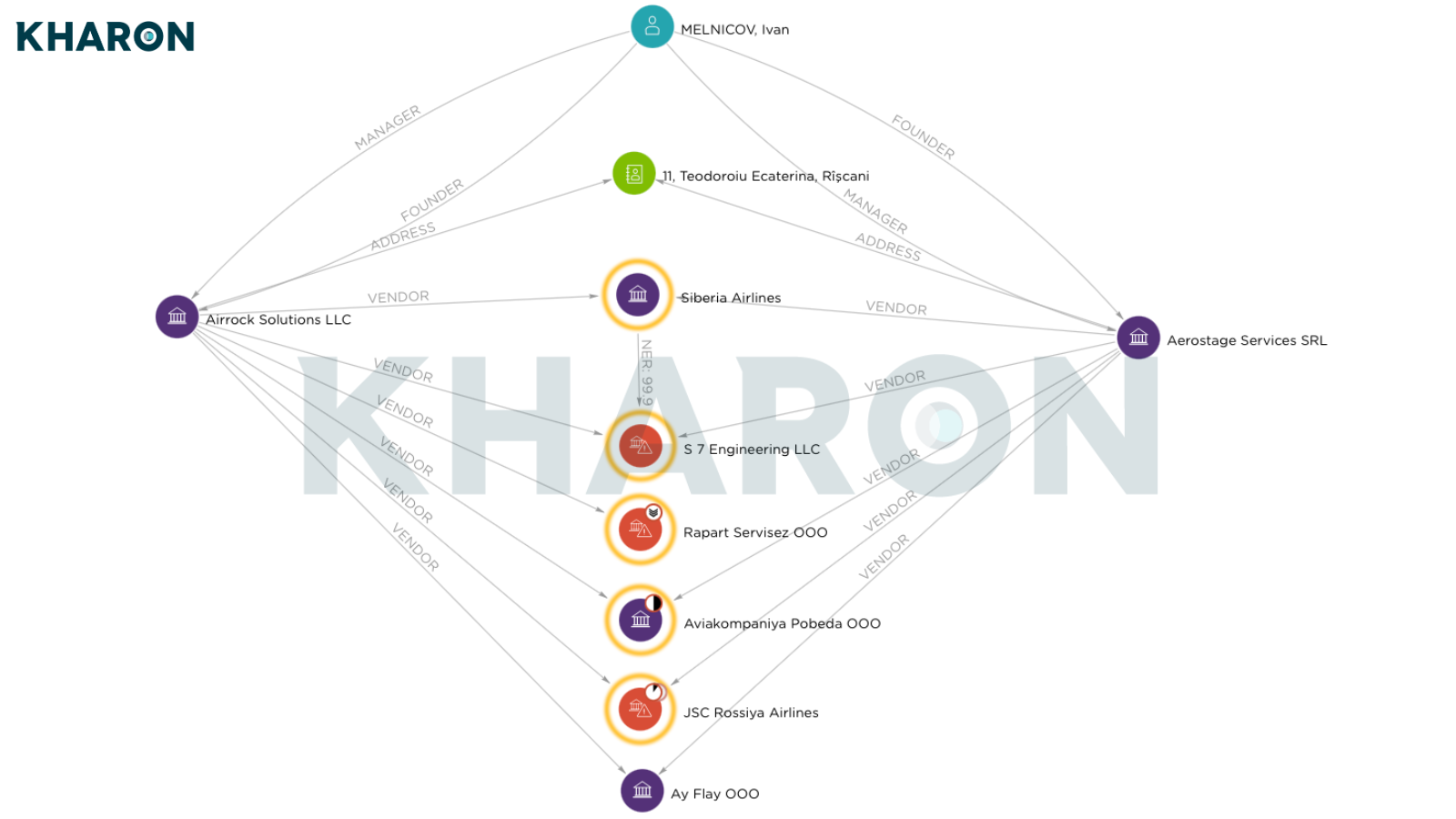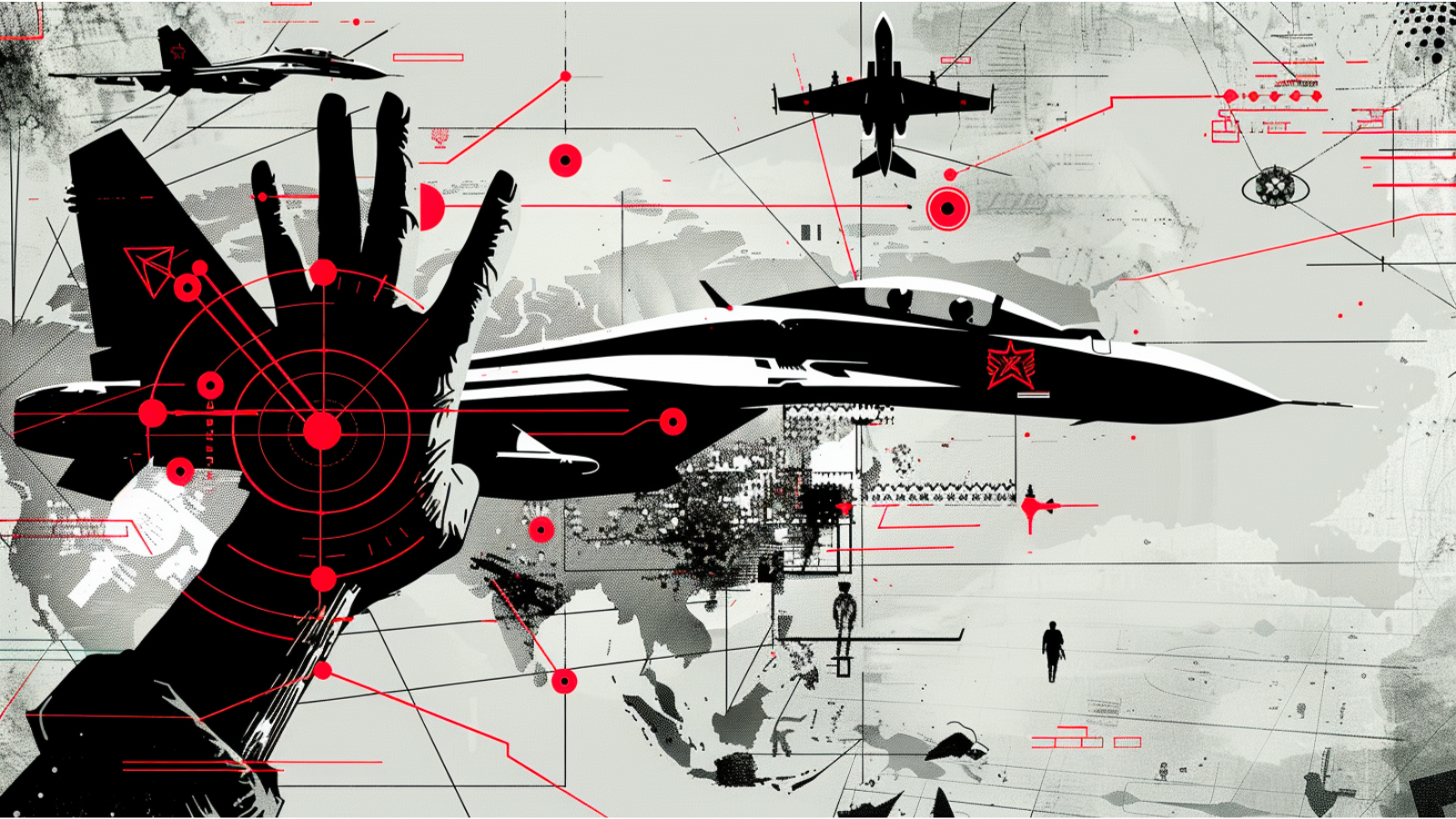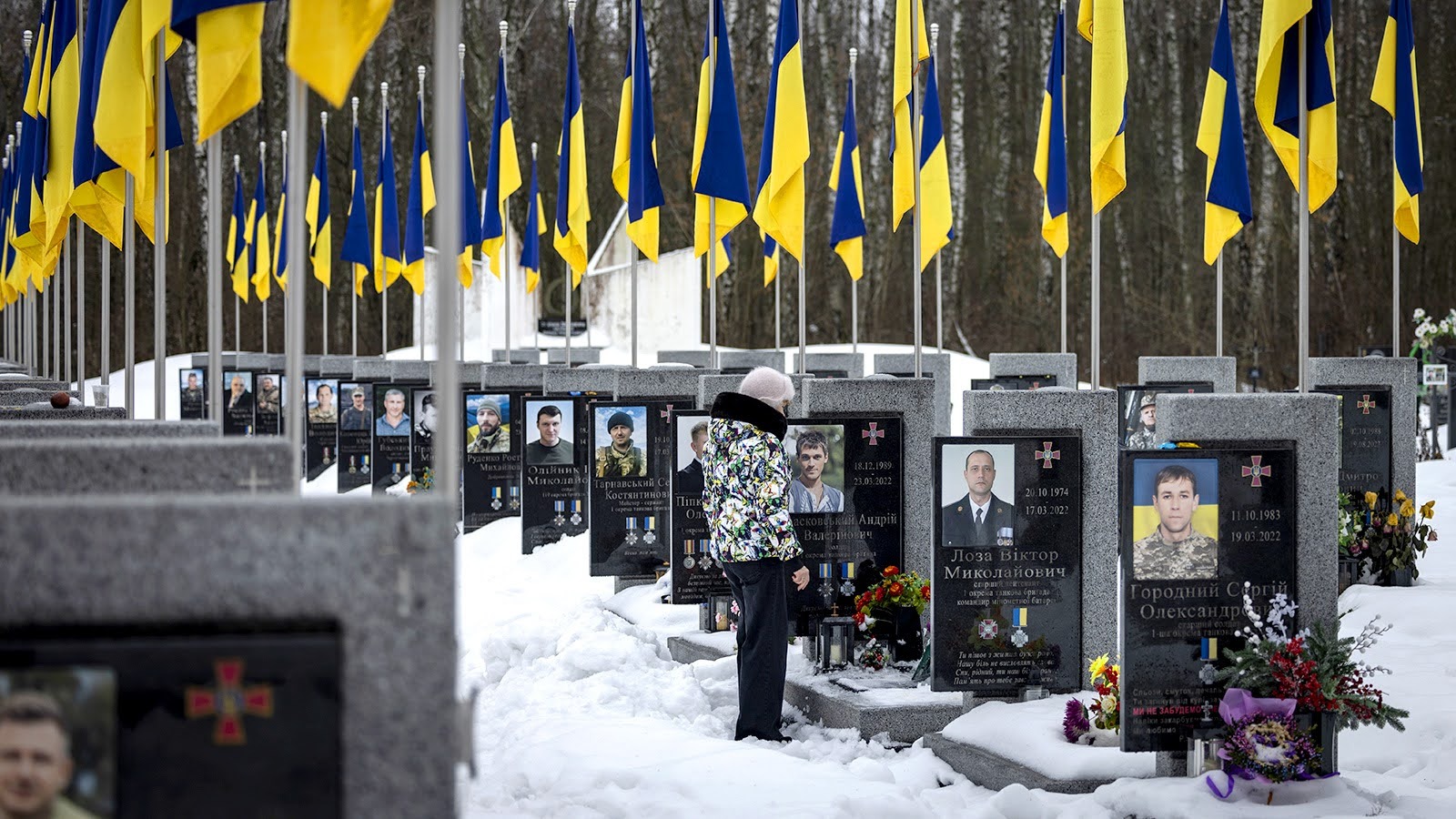A network of procurement firms based in Moldova has been shipping restricted aircraft components to several Russian aviation companies despite ongoing sanctions and export control restrictions imposed on Russia after it invaded Ukraine in 2022.
The two companies, Airrock Solutions and Aerostage Services, were established by Ivan Melnicov, a Moldovan businessman.
Airrock Solutions, which was established in 2021, started selling spare aircraft parts to a sanctioned Russian aircraft maintenance company in April 2022, according to trade records.
That month, the trade between the two companies was modest, with most transactions under $600 in value of shipped goods. The following months, however, Airrock Solutions increased its value of transactions and expanded its clientele, adding five Russian companies to its roster.
Three of the six companies were later sanctioned by various governments, and two others were added to the U.S. Department of Commerce’s Bureau of Industry and Security (BIS) Denied Persons List, which identifies individuals and entities that are prohibited from participating in exports, reexports, and transfers of U.S.-origin goods, software, and technology.
Between April 2022 and December 2023, Airrock Solutions shipped aircraft parts that were manufactured by major Western companies in the U.S., the U.K., France, and Germany and worth over $3.8 million to six Russian companies. Several of the products that were shipped are included on the Common High Priority Items List of dual-use items that have been flagged as high risk for diversion to Russia’s defense industrial base.
In April 2022, Melnicov, the Moldovan businessman, established another firm, Aerostage Services, which is registered at the same address as Airrock Solutions.
Four months after Aerostage Services was established, it began trading with most of the same customers as Airrock Solutions.
Between August 2022 and December 2023, Aerostage Services supplied Western-produced aircraft parts worth over $1.3 million to Russian customers.
In total, Melnicov’s firms sold restricted aircraft components worth over $5.1 million to Russian aviation companies.
The two companies, Airrock Solutions and Aerostage Services, were established by Ivan Melnicov, a Moldovan businessman.
Airrock Solutions, which was established in 2021, started selling spare aircraft parts to a sanctioned Russian aircraft maintenance company in April 2022, according to trade records.
That month, the trade between the two companies was modest, with most transactions under $600 in value of shipped goods. The following months, however, Airrock Solutions increased its value of transactions and expanded its clientele, adding five Russian companies to its roster.
Three of the six companies were later sanctioned by various governments, and two others were added to the U.S. Department of Commerce’s Bureau of Industry and Security (BIS) Denied Persons List, which identifies individuals and entities that are prohibited from participating in exports, reexports, and transfers of U.S.-origin goods, software, and technology.
Between April 2022 and December 2023, Airrock Solutions shipped aircraft parts that were manufactured by major Western companies in the U.S., the U.K., France, and Germany and worth over $3.8 million to six Russian companies. Several of the products that were shipped are included on the Common High Priority Items List of dual-use items that have been flagged as high risk for diversion to Russia’s defense industrial base.
In April 2022, Melnicov, the Moldovan businessman, established another firm, Aerostage Services, which is registered at the same address as Airrock Solutions.
Four months after Aerostage Services was established, it began trading with most of the same customers as Airrock Solutions.
Between August 2022 and December 2023, Aerostage Services supplied Western-produced aircraft parts worth over $1.3 million to Russian customers.
In total, Melnicov’s firms sold restricted aircraft components worth over $5.1 million to Russian aviation companies.

Kharon users can further explore Melnicov’s network in ClearView. Click here to access.
The U.S. and other governments have recently increased their efforts to crack down on actors that engage in similar illicit activities. In early April, the U.S. Department of Justice (DOJ) announced that two Russian nationals pleaded guilty to illegally sending aircraft technology to Russia.
According to the DOJ, the defendants orchestrated over $4.5 million in unlawful transactions and sold sensitive aircraft parts to Russian airline companies.
The DOJ announcement follows a speech delivered by a senior BIS official warning companies in the export sector to start investing in their compliance programs early on rather than wait for an enforcement action to be taken against them to remediate.
Speaking at BIS’s annual update conference on March 28, Assistant Secretary for Export Enforcement Matthew Axelrod said that an effective and robust compliance program is essential in order to identify and manage risks with new or existing customers, suppliers, and distributors.
“It’s the time, money, and effort that you put into your compliance programs that stop sensitive U.S. technology from going to our adversaries,” Axelrod said.
According to the DOJ, the defendants orchestrated over $4.5 million in unlawful transactions and sold sensitive aircraft parts to Russian airline companies.
The DOJ announcement follows a speech delivered by a senior BIS official warning companies in the export sector to start investing in their compliance programs early on rather than wait for an enforcement action to be taken against them to remediate.
Speaking at BIS’s annual update conference on March 28, Assistant Secretary for Export Enforcement Matthew Axelrod said that an effective and robust compliance program is essential in order to identify and manage risks with new or existing customers, suppliers, and distributors.
“It’s the time, money, and effort that you put into your compliance programs that stop sensitive U.S. technology from going to our adversaries,” Axelrod said.







